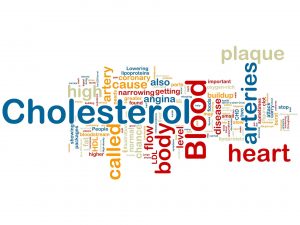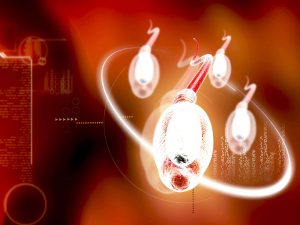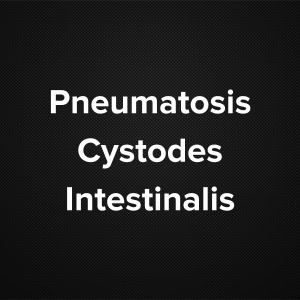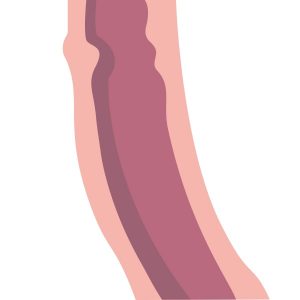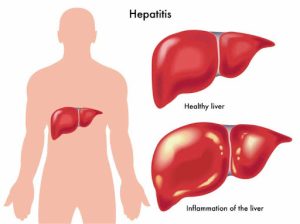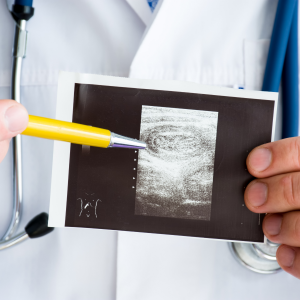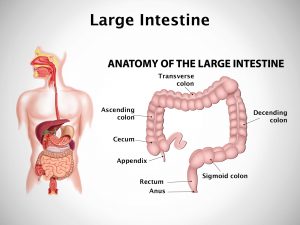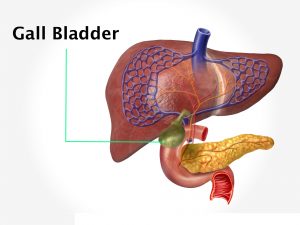Take diversion – Understanding intestinal obstruction
Intestinal obstruction is a block in the small or large intestine that doesn’t allow food and other fluids of the abdomen to travel in the right direction. Intestinal obstruction can be a life-threatening event and needs immediate surgical intervention.
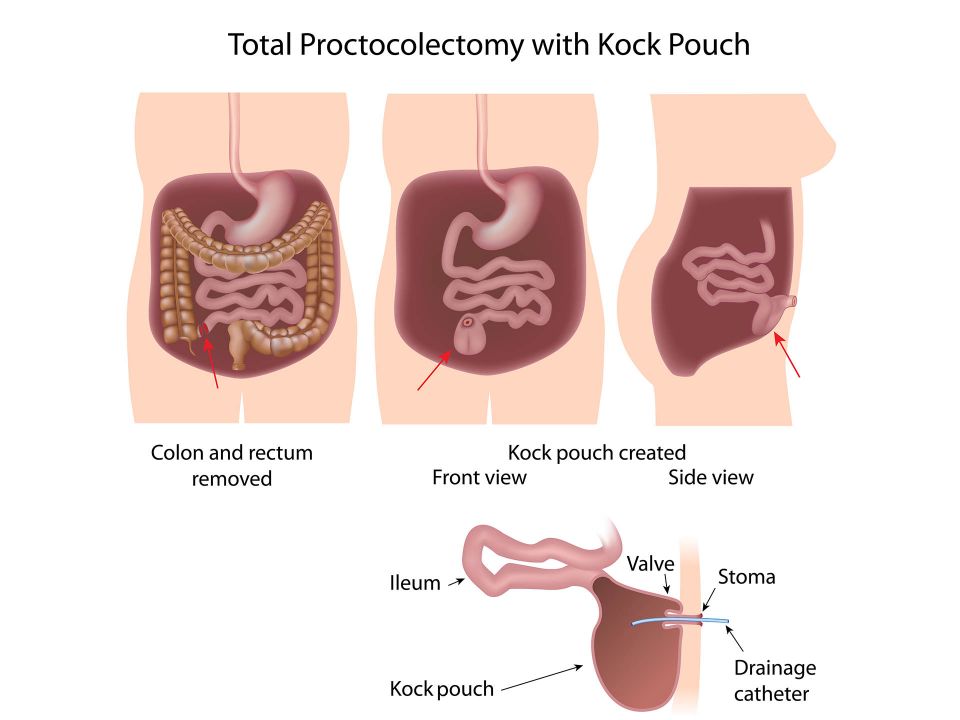
Why does intestinal obstruction occur?
Tumors, scar tissues, or narrowing of the bowel walls cause obstruction. These are known as mechanical obstruction. Intestinal obstruction can be a complication of diseases like cancers, Crohn's disease, hernia, etc. In the large intestine, constipation and a hard, impacted mass of stool is a common cause of intestinal obstruction.
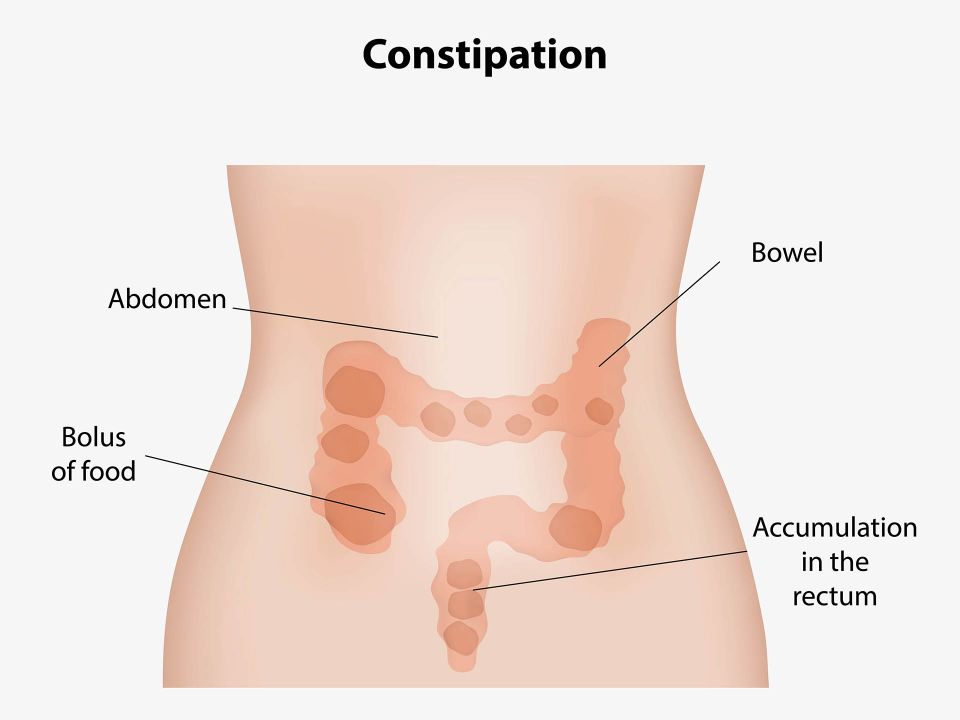
Signs and symptoms of Intestinal obstruction.
-A bloated, hard belly. -Cramping pain around the navel that comes and goes. -Constipation. Vomiting a dark green bitter-sour fluid (bile) and not having passed gas are the diagnostic signs of intestinal obstruction.

Diagnosing Intestinal Obstruction
Along with the presenting symptoms and a detailed history, the doctor may advise an x-ray to find the location of the block. A CT scan also is recommended to determine if the block is partial or complete.

Treating Intestinal Obstruction
Small and partial blocks require minor treatments like enemas and placing a stent to remove the block. In case there is a complete block, the doctor may recommend immediate surgery to remove the block. The diseased part is removed off by ileostomy or colostomy.

Are these risk factors for developing Intestinal Obstructions?
Certain diseases and conditions increase your risk for developing intestinal obstruction. They include: -Crohn’s Disease. -Abdominal and pelvic surgeries. -Cancers in the abdomen and radiation for the same.

What are the complications of intestinal obstruction?
If left untreated, intestinal obstruction may lead to tissue death and infection of the peritoneum. Peritonitis is a serious, life-threatening condition that requires immediate medical attention.

Paralytic Ileus
This is a condition that has symptoms similar to intestinal obstruction, but there is no physical blockage here. This happens as a result of a paralytic condition of the ileum due to a nerve or muscle disorder that doesn’t allow the contents on the intestine to move forward.

What is the prognosis for Intestinal Obstruction?
The condition is easily treatable when detected on time and the prognosis is usually good.

Can intestinal obstruction be prevented?
Prevent the cause for intestinal obstruction. For example, treating a tumor can reduce your risk for an intestinal obstruction.

